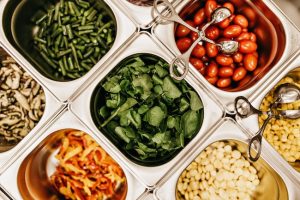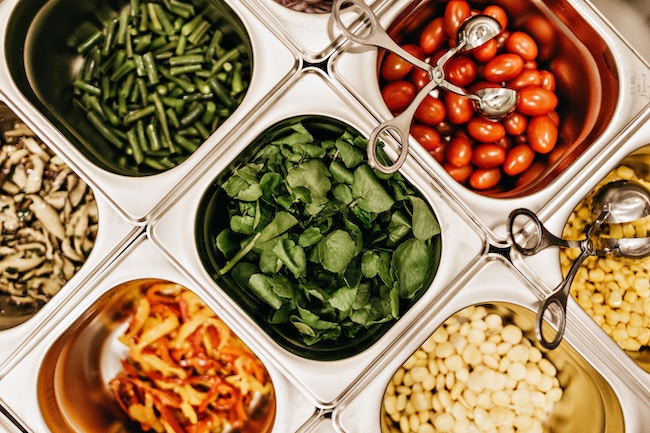
Food is the fuel that energizes both man and beast – the great equalizer. If both Fido and I have to eat to stay alive, and we both seem to enjoy eating, is there a fundamental difference between my food consumption and his?
The answer, of course, is yes. We humans are far more picky than animals about what we eat, and how it is prepared. We have a more refined palate, and intellect to appreciate the nuances of what we eat. Animals, on the other hand, will generally eat whatever their natural instincts tell them is healthy for them, or whatever you put in front of them. They don’t spend much time considering what to have for dinner.
During the Six Days of Creation, all nature was formed and set into motion by the word of G-d. G-d said “Let there be light, and there was light.(Gen 1:3)” He also said that food should provide nutrition, and His creations should be fueled by that nutrition. It is G-d’s spoken commands at Creation that prompted Moshe’s (Moses) declaration in this week’s Torah portion, “Man does not live on bread alone; man lives on all that comes from the mouth of G-d. (Deut. 8:3)”
The act of eating offers us a direct connection to our Creator. While eating a person can intensely feel G-d giving them life. Hunger and thirst cause weakness and fatigue. The rejuvenating effects of a good meal are almost immediate. Our physical energy is restored, and along with that our alertness, attentiveness, and our overall performance. Those nutrients provide a channel between our life-giving G-d and His creation.
We can capitalize on every such moment as an opportunity to appreciate our personal relationship with the Creator. A blessing before and after eating, as prescribed by Judaism, certainly puts us in the right mindset, but eating itself can be infused with holiness if we consider this connection. We can transform the mundane act of eating into a spiritual experience and an enrichment of our relationship with G-d Who gives us life. (Based on Tiferes Shimshon, Rabbi Shimshon Pincus zt”l)


